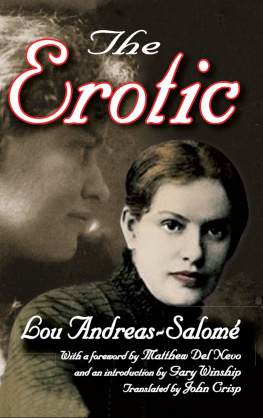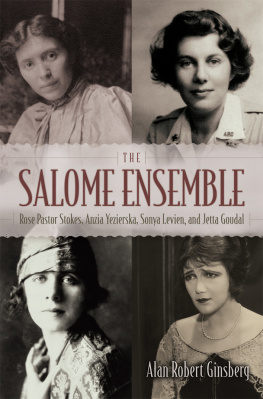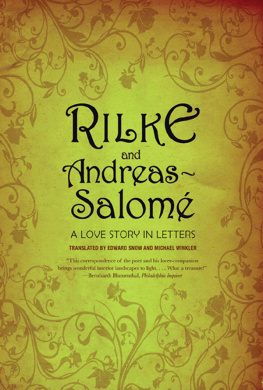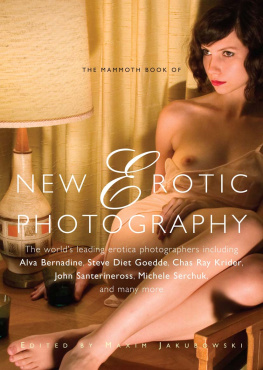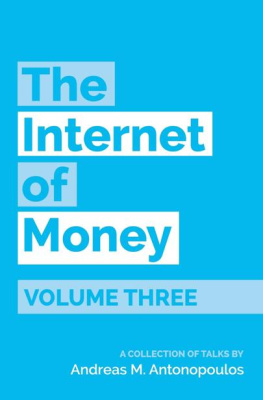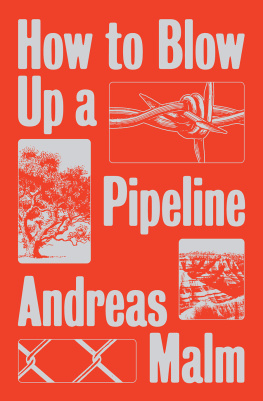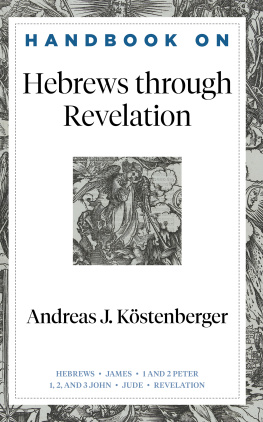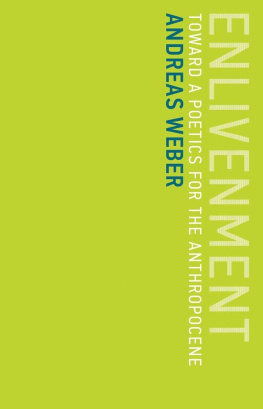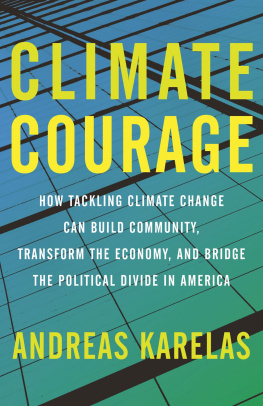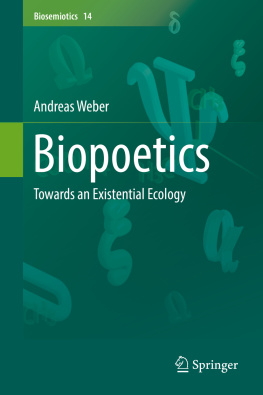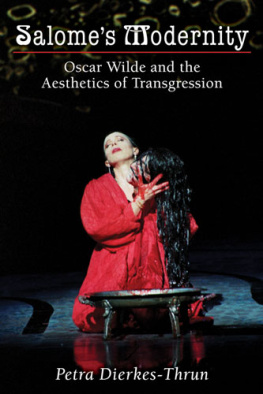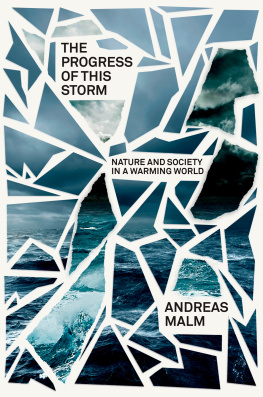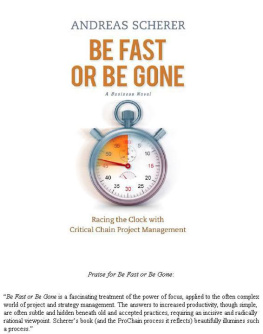Andreas-Salome Lou - The Erotic
Here you can read online Andreas-Salome Lou - The Erotic full text of the book (entire story) in english for free. Download pdf and epub, get meaning, cover and reviews about this ebook. publisher: Routledge, genre: Non-fiction. Description of the work, (preface) as well as reviews are available. Best literature library LitArk.com created for fans of good reading and offers a wide selection of genres:
Romance novel
Science fiction
Adventure
Detective
Science
History
Home and family
Prose
Art
Politics
Computer
Non-fiction
Religion
Business
Children
Humor
Choose a favorite category and find really read worthwhile books. Enjoy immersion in the world of imagination, feel the emotions of the characters or learn something new for yourself, make an fascinating discovery.
- Book:The Erotic
- Author:
- Publisher:Routledge
- Genre:
- Rating:5 / 5
- Favourites:Add to favourites
- Your mark:
- 100
- 1
- 2
- 3
- 4
- 5
The Erotic: summary, description and annotation
We offer to read an annotation, description, summary or preface (depends on what the author of the book "The Erotic" wrote himself). If you haven't found the necessary information about the book — write in the comments, we will try to find it.
The Erotic — read online for free the complete book (whole text) full work
Below is the text of the book, divided by pages. System saving the place of the last page read, allows you to conveniently read the book "The Erotic" online for free, without having to search again every time where you left off. Put a bookmark, and you can go to the page where you finished reading at any time.
Font size:
Interval:
Bookmark:

The
Erotic
The
Erotic
Lou Andreas-Salom
with a foreword by Matthew Del Nevo and an introduction by Gary Winship Translated by John Crisp

First published 2012 by Transaction Publishers
Published 2017 by Routledge
2 Park Square, Milton Park, Abingdon, Oxon OX14 4RN
711 Third Avenue, New York, NY 10017, USA
Routledge is an imprint of the Taylor & Francis Group, an informa business
Copyright 2012 by Taylor & Francis.
All rights reserved. No part of this book may be reprinted or reproduced or utilised in any form or by any electronic, mechanical, or other means, now known or hereafter invented, including photocopying and recording, or in any information storage or retrieval system, without permission in writing from the publishers.
Notice:
Product or corporate names may be trademarks or registered trademarks, and are used only for identification and explanation without intent to infringe.
Library of Congress Catalog Number: 2011041484
Library of Congress Cataloging-in-Publication Data
Andreas-Salomi, Lou, 1861-1937.
[Erotik. English]
The erotic / Lou Andreas-Salome ; with a foreword by Matthew Del Nevo, and an introduction by Gary Winship ; translated by John Crisp.
p. cm.
Originally published as: Die erotik. Frankfurt am Main : Literarische
anstalt R|tten & Loening, 1910.
1. Love. 2. Sex. I. Title.
HQ21.A513 2012
306.7dc23
2011041484
ISBN 13: 978-1-4128-5384-2 (pbk)
ISBN 13: 978-1-4128-4625-7 (hbk)
Contents
Matthew Del Nevo
Gary Winship
Lou Andreas-Salom
Translated by John Crisp
Lou Andreas-Salom is a figure remote from us, belonging to a pre-1914 Europe, but in other ways she is our contemporary. Once we start reading Die Erotik we need to get used to her style, which belonged to the world in which she wrote.
Socialite, sociologist, and author of The Philosophy of Money (1900), Georg Simmel, provides an aperture into this world. His salon was the most exclusive in Berlin, frequented by a mixed company: men such as the elusive poet Stefan Georg, dramatist Paul Ernst, social theorist and polymath Max Weber, and the literary critic, later to become a famous political figure, Georg Lukcs. Simmel was a friend of Martin Buber, who commissioned Die Erotik from Salom. Buber was one of the first governors of the Hebrew University of Jerusalem, with Freud and Einstein, and the originator with Franz Rosenzweig of the philosophy of dialogue, which became absolutely central to a post-1945 world, bridging differences as it did. Buber was also the preserver of precious Hasidic stories, from the communities obliterated by the Jewish Holocaust. Simmel taught at the University of Berlin and his connections reached right across Europe to Paris, to Rodin in Meudon and Bergson at the Sorbonne. The philosopher Edith Landmann said of Simmels Berlin, He was the centre of the intellectual elite.
Simmel held learned private seminars at his home. Writing in 1906, socialist intellectual Elly Heuss-Knapp records: At the Simmels I have recently met Lou Andreas-Salom They have a small enclosed cultural world with few friends, a pure nervous culture. One does not speak of those things that are topical in Berlin but about the particular rhetoric of the Dauphin French against the French from the north or about other things of which no one else knows anything. The poet and essayist Margaret Susman, a Simmel insider, also bears witness to how conversation took on a form which floated in an atmosphere of intellectuality, affability and tact, detached from the ultimate burden of the personal element Only exceptional people, distinguished by intellect or even by beauty, took part in these social events.
You can do this in German; you can float your thought upon an atmosphere. This is why Saloms style in Die Erotik is like it is; she does not always write like this. It is a mannerism. In English, the language hardly allows it, and it does not work in French either, although some contemporary French philosophers like to try it. Even German thinkers predisposed to the harsh realities of life, Adorno for example, often cannot resist the temptation (one thinks of his Aesthetic Theory) to do what the German language so readily lends itself to. The best German thinkers capitalize on this power of their language. This is why Heidegger called German the most philosophical language besides Greek, with the obvious unspoken corollary about the superiority of modern German philosophy.
We should remember as well, when we start to read Die Erotik, that at the time of writing in the first decade of the twentieth century, Salom was writing as a woman in a world where women were only just gaining entry. She had studied at the University of Zrich, then one of the few universities in Europe that took women as students. If we go back through the heavyweight German academic journals of the early 1900s, we will find Lou Andreas-Salom to have been one of the first women to write and publish at this level.
But it is not for any of these reasons that we want to read Die Erotik. We read it to find out about the subject; it is an added bonus that the author is not an academic anybody but a prodigious name, one that does lend a unique authority to the text: Nietzsche begged her to marry him and he read his madman aphorism on the death of God to her before it was published; Rilke totally relied on her and would not have become the poet he did (the greatest lyric poet of Europe in the twentieth century) had he not had her behind him like a solid rock upon which to rest and jump off from by turns; Freud ushered her straight into his inner circle and then bent his inflexible rules to accommodate her when she wanted to moonlight over at Adlers place.
The first to learn from Die Erotik is feminism. Lou Andreas-Salom was absolutely a feminist herself but she had a fight with the feminists of her day and she lost. She was virtually the only one on her side. The German, French, and Anglo-American feminists, in their various waves as feminism developed, were all against her kind of position (she by then was as good as forgotten as a feminist), such that the later feminists never heard of her and make no reference to her at all.
Salom stood for womens difference rather than an idea of equality given by the mens world. A woman is not liberated if she becomes like a man or merely on the level with men in a mans world; she is masculinized. The liberated woman feminizes the world and brings men to discover and mine the feminine sides of themselves, which psychologically run as deep as their masculinity. However, ironically, Salom was more of an equal to the men of her world than Simone de Beauvoir was with Sartre and the men in her world.
For Salom, if you wanted to think about the question of woman and the erotic or women and anything, you had to start with their difference. But the popular cry in her day and for most of the twentieth century had it the other way around: We are the same as them. This sameness was meant in the political sense, but the political is psychological as well. The ressentiment political feminism carried within it augured another underlying problem as far as the psychoanalytical Salom was concerned.
Die Erotik flies in the face of dogmatic political feminism as well as the permissive liberal feminism of the late 1960s and 1970s, which has virtually died out now. Today our young women are having problems with raunch culture and premature sexualization by the pervading and aggressive culture of commodity capitalism. No one is burning their bra anymore, and we hear more about safe sex than free love. It all changed very quickly.
Font size:
Interval:
Bookmark:
Similar books «The Erotic»
Look at similar books to The Erotic. We have selected literature similar in name and meaning in the hope of providing readers with more options to find new, interesting, not yet read works.
Discussion, reviews of the book The Erotic and just readers' own opinions. Leave your comments, write what you think about the work, its meaning or the main characters. Specify what exactly you liked and what you didn't like, and why you think so.

